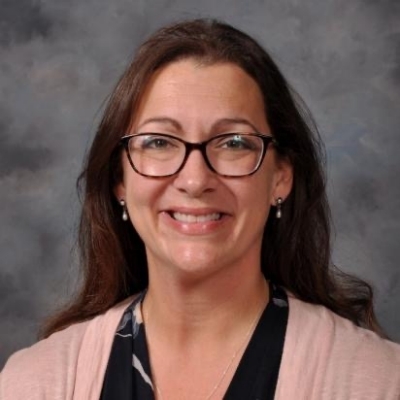Jeannine Rainbolt College of Education doctoral student Amelia Cook was selected to create a science lesson to be shared in the Ken Burns in the Classroom collection by PBS in conjunction with Burns’ film The American Buffalo.
Cook’s lesson “The American Buffalo: Ecosystem Engineers” is built for students in grades 6-12. The purpose of this lesson is to introduce students to the ecological significance of the American buffalo on the Great Plains, the multifaceted impacts of human activity in the ecosystem and multiple perspectives of conservation efforts.
Through watching select video clips from Burns’ The American Buffalo, students will discover the key ecological benefits the buffalo provides, the contrasting views of Native Americans and European settlers regarding land ownership and wildlife, and the key ideas behind past and present conservation efforts. Students will create their own pictograph that maps the timeline and ecological interactions between the buffalo, its environment and humans to demonstrate understanding.
Cook is a citizen of the Chickasaw Nation, science education Ph.D. student and science teacher educator at the University of Oklahoma. She is a teacher ambassador with the National Center for Science Education, EcoRise, and a NOAA Planet Steward. Cook’s research interests include culturally relevant and responsive pedagogy, Indigenous perspectives and values in science education and Indigenous representation in STEM.
The American Buffalo, a two-part, four-hour series, takes viewers on a journey through more than 10,000 years of North American history and across some of the continent’s most iconic landscapes, tracing the animal’s evolution, its significance to the Indigenous people and landscape of the Great Plains, its near extinction, and the efforts to bring the magnificent mammals back from the brink.


